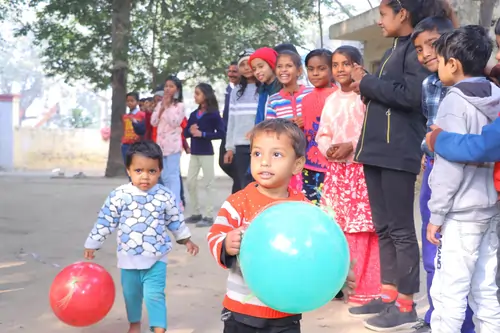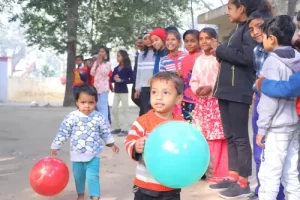The Impact of Acid Attacks: NGO Support for Survivors and Advocacy

The Impact of Acid Attacks: NGO Support for Survivors and Advocacy

Acid attacks are devastating acts of violence that can cause severe physical and psychological trauma to victims. Acid attack victims often require extensive medical treatment, including surgeries, skin grafts, and ongoing rehabilitation. NGOs (Non-Governmental Organizations) play a crucial role in helping acid attack survivors in various ways:
It’s important to note that the exact number of acid attack victims can be challenging to determine accurately due to underreporting, legal complexities, and social stigma. However, here is some data available up to that point:
Historical Perspective:
India has one of the highest reported rates of acid attacks in the world. According to data from the National Crime Records Bureau (NCRB) in 2019, there were 228 reported cases of acid attacks in India. However, experts believe that many cases go unreported.
Geographic Variation:
The prevalence of acid attacks varies across different regions of India, with higher numbers reported in some states compared to others.
Gender Disparity:
A significant proportion of acid attack victims in India are women, and these attacks are often linked to issues such as rejected marriage proposals, dowry disputes, and gender-based violence.
Medical Assistance on Acid Attacks :
Abhinandan acid Attacks Victims often provide immediate medical assistance to victims. This includes covering the costs of emergency medical care, surgeries, and post-operative care. They work to ensure that survivors receive the best medical treatment possible.
Psychological Support:
Acid attack survivors often suffer from severe psychological trauma. NGOs offer counseling and psychological support to help survivors cope with the emotional aftermath of the attack. This includes individual and group therapy sessions.
Legal Assistance:
NGOs help survivors navigate the legal system to ensure that perpetrators are brought to justice. They may provide legal aid, connect victims with pro-bono lawyers, and assist in the filing of FIRs (First Information Reports) with the police.
Rehabilitation:
Acid attacks can lead to physical disabilities, including loss of vision, hearing, or disfigurement. NGOs support survivors in their rehabilitation process by providing access to physical therapy, vocational training, and support to reintegrate into society.
Education and Employment:
Many acid attack survivors face challenges in pursuing education and finding employment due to their physical appearance. NGOs work to empower survivors by offering educational opportunities, vocational training, and job placement assistance.
Awareness and Advocacy:
NGOs raise awareness about acid attacks and advocate for stronger laws and policies to prevent such attacks and protect survivors. They may engage in public awareness campaigns to change societal attitudes toward survivors and promote gender equality.
Safe Housing:
In cases where survivors cannot return to their homes due to safety concerns, NGOs may provide temporary shelter or facilitate relocation to safer environments.
Financial Support:
NGOs often provide financial assistance to survivors and their families to help cover medical expenses, education costs, and other essential needs.
Skill Development:
NGOs support survivors in developing new skills and talents, which can help them regain self-confidence and become financially independent.
Community Support:
NGOs create a support network for survivors, connecting them with others who have experienced similar trauma. This sense of community can be instrumental in the healing process.
Advocacy for Policy Changes:
NGOs work toward changing societal attitudes and government policies related to acid attacks. They push for stricter regulations on the sale of acids, improved law enforcement, and harsher penalties for perpetrators.
Economic Empowerment:
Some NGOs initiate income-generation projects or microcredit programs to enable survivors to start their businesses and become financially self-sufficient.
My Abhinandan plays a crucial role in helping acid attack survivors rebuild their lives and advocate for a world where such heinous acts are prevented. Their efforts are essential in providing survivors with the support, resources, and opportunities they need to overcome the physical and psychological scars of acid attacks.